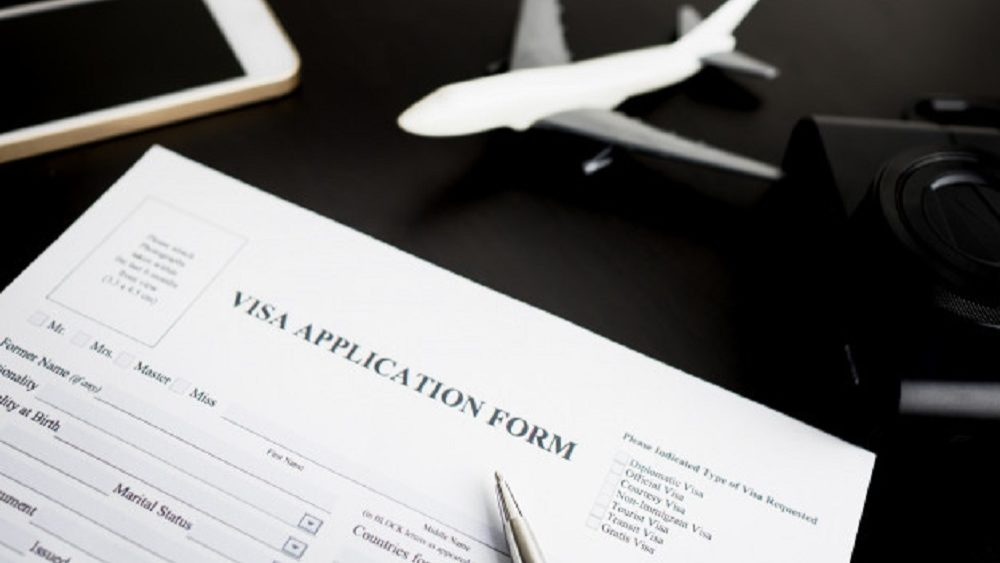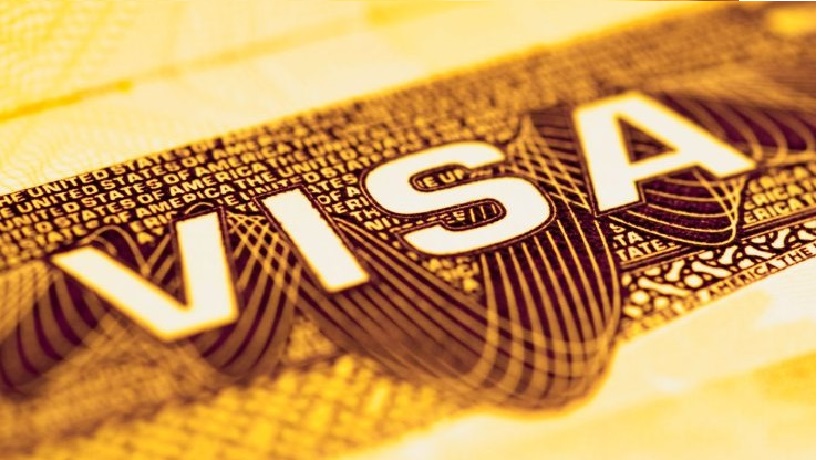‘Golden visas’ bring in €654.2M in 2022, up 42% on year
Last year, there were also 1,533 residence permits issued to family members of people who had already received an ARI, with 192 of these issued in December.
Portugal’s ‘golden visa’ programme – under which major investors from non-European Union countries – can receive fast-tracked residence permits – brought in €654.2 million last year, an increase of 41.9% over the previous year, according to calculations by Lusa based on data from the Immigration and Borders Service (SEF).
The programme marked its 10th anniversary in October.
According to data from the SEF, last year 1,281 Residence Permits for Investment (ARI) – as they are officially known – were granted: 94 in January, 94 in February, 73 in March, 121 in April, 112 in May, 155 in June, 80 in July, 77 in August, 120 in September, 83 in October, 121 in November and 151 in December.
Last year, there were also 1,533 residence permits issued to family members of people who had already received an ARI, with 192 of these issued in December.
Since the 2021 creation of the golden visas scheme – whose future the government is currently reviewing – a total of 11,535 have been granted: two in 2012, 494 in 2013, 1,526 in 2014, 766 in 2015, 1,414 in 2016, 1,351 in 2017, 1,409 in 2018, 1,245 in 2019, 1,182 in 2020, 865 in 2021, and 1,281 in 2022.
In return for investment in property, there have been 10,593 permits granted so far, for an investment of €6.041 billion, of which €534.1 million corresponds to purchase for urban rehabilitation (1,485 permits).
Regarding the capital transfer criterion, 920 permits have been granted to date, for a total amount deposited of €712 million.
The job creation criterion (a minimum of 10 jobs) has seen 22 golden visas issued.
The total cumulative investment in the programme, from October 2012 to December 2022, is €6.754 billion.
By nationality, China leads the way in terms of nationals who have received ARIs, with 5,247, followed by Brazil (1,168), Turkey (546), the US (537), and South Africa (507).
Since the beginning of the programme, a total of 18,808 residence permits have also been issued to family members of people with ARIs.

